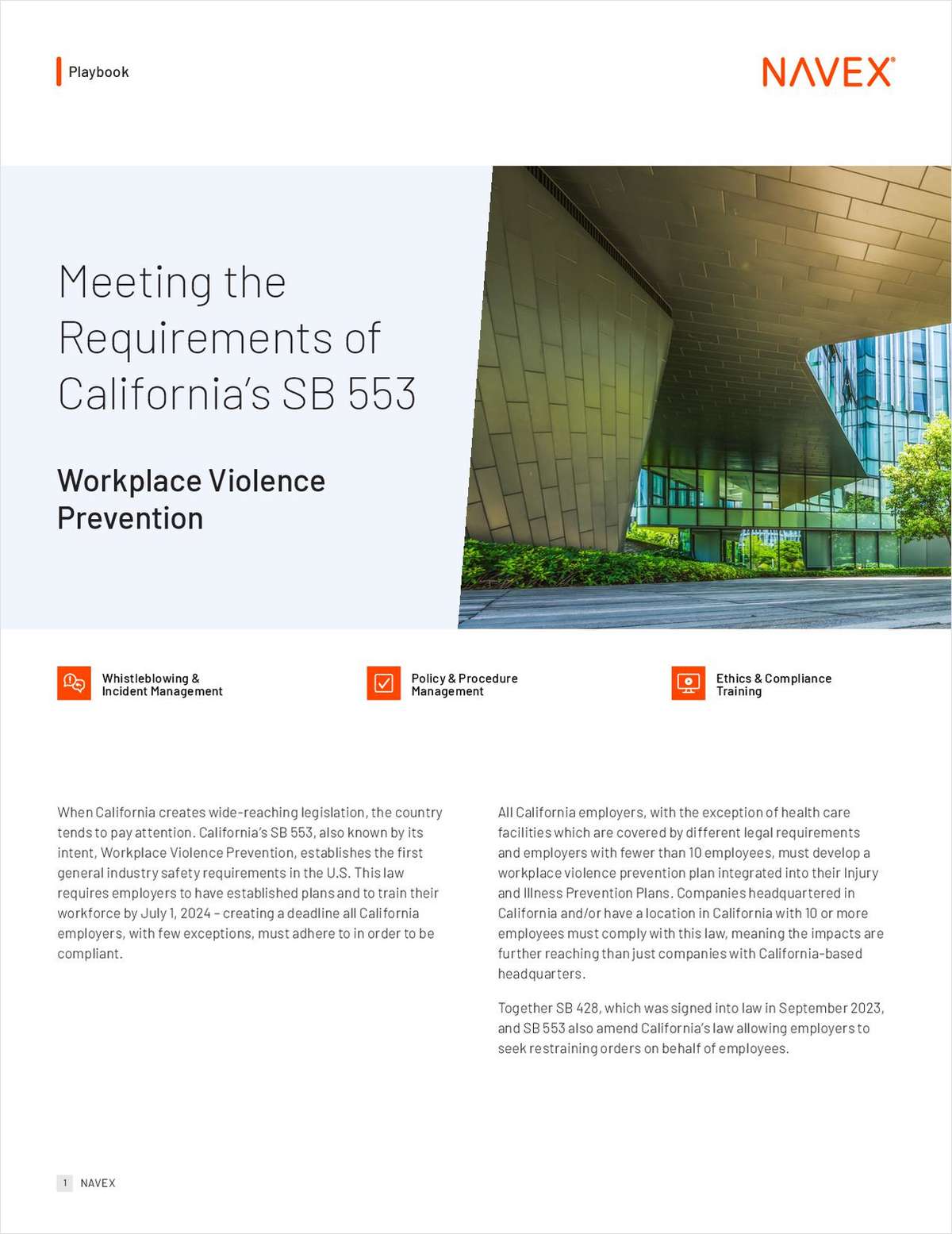International Edition
Editor's Comment: Laissez very fair
International Edition
Bar Council chair Dutton takes Fountain Court helm
International Edition
Ex-Sullivan partner quits Bar over billing fraud
International Edition
Trials disrupted as barristers boycott high-cost case panel
International Edition
Swedish leaders cry foul as local Bar snubs conflicts reform agenda
International Edition
BSB kicks off process to fill top two posts
International Edition
Commercial and Chancery Bar: An inequal footing
International Edition
Commercial and Chancery Bar: To the manor bought
International Edition
Commercial and Chancery Bar: Big brother, big bother?
International Edition
Commercial and Chancery Bar: Counsel of choice
TRENDING STORIES

- Are Law Firms Keeping Pace With Their Clients Business?
- ALM Market Analysis Report Series: Boston's Legal Market is in Growth Mode and Big Law Knows It
- Stay vs Go: The Heightened Competition for Law Firm Office Space in Dallas
- Law.com Compass: Uncovering Lessons from Mid-Market Firm Segment Comparisons
Featured Firms
Law Offices of Gary Martin Hays & Associates, P.C.
(470) 294-1674
Law Offices of Mark E. Salomone
(857) 444-6468
Smith & Hassler
(713) 739-1250
More from ALM
- Morgan & Morgan Class Action Attorneys Detail Pathway to Success Within Cybersecurity and Data Privacy Practice 1 minute read
- Holwell Shuster & Goldberg Partners Leverage 'Hostile' Witnesses to Secure $101 Million Verdict Against Walmart 1 minute read
- Legal Speak at General Counsel Conference Midwest 2024: Mike Andolina, Partner, White & Case 1 minute read
Resources

Strong & Hanni Solves Storage Woes--Learn How You Can, Too
Brought to you by Filevine
Download Now

Meeting the Requirements of California's SB 553: Workplace Violence Prevention
Brought to you by NAVEX Global
Download Now

The Benefits of Outsourcing Beneficial Ownership Information Filing
Brought to you by Wolters Kluwer
Download Now

The Top 10 AI Use Cases in Private Equity
Brought to you by Ontra
Download Now



